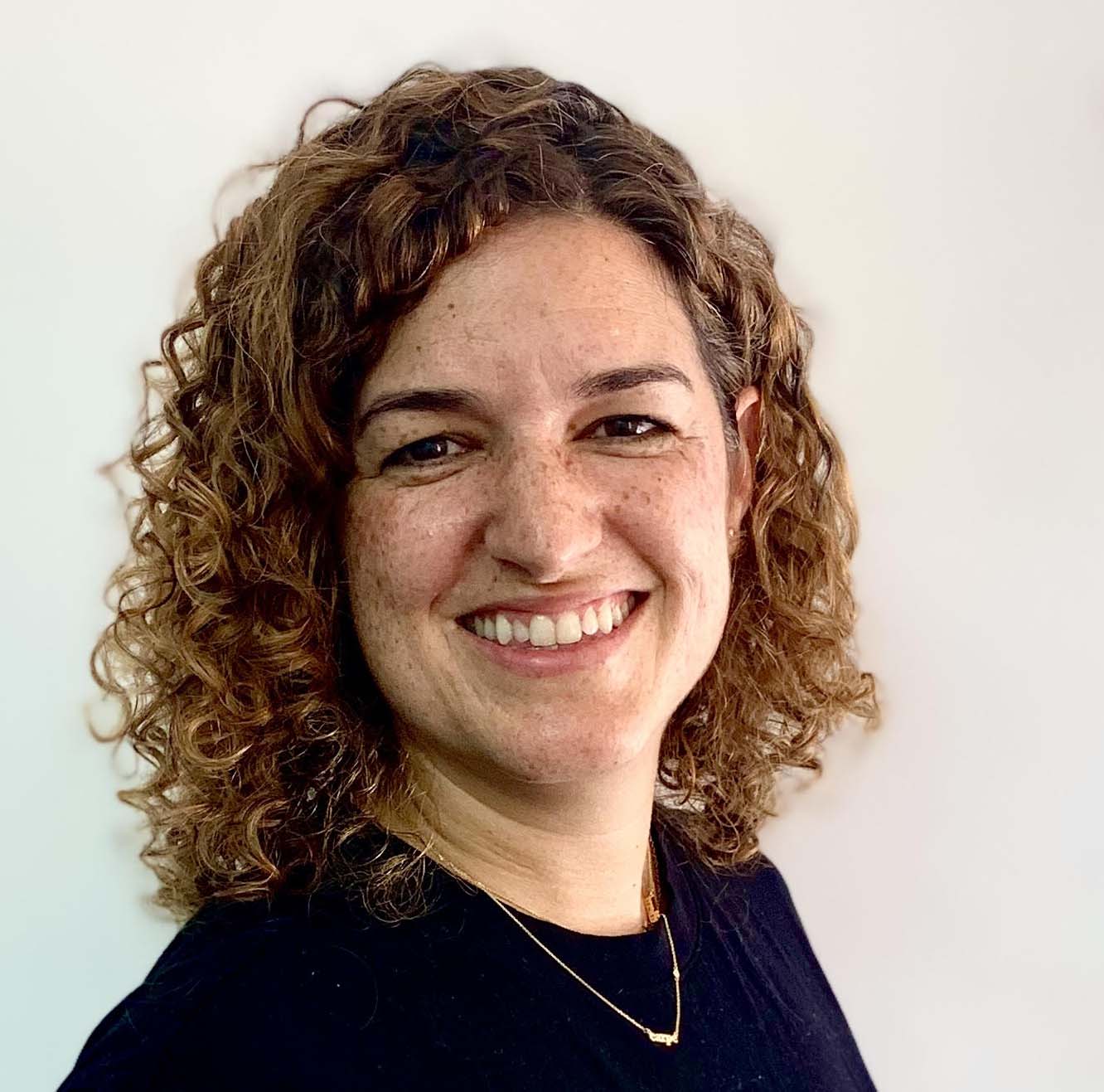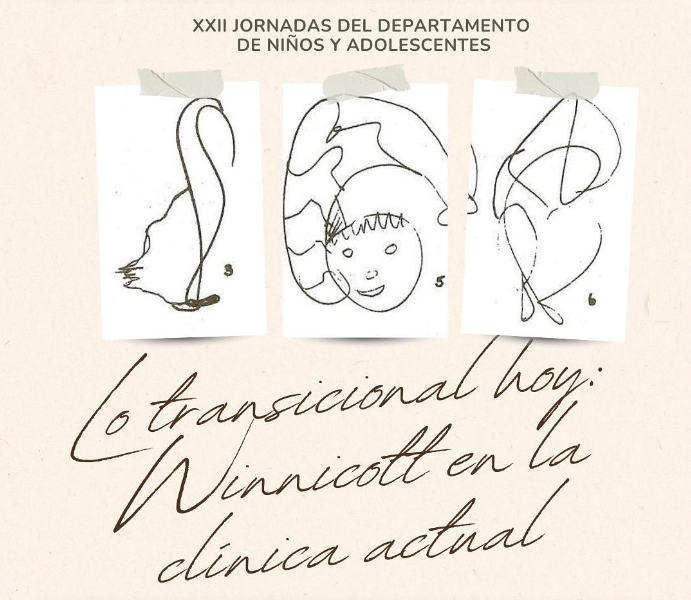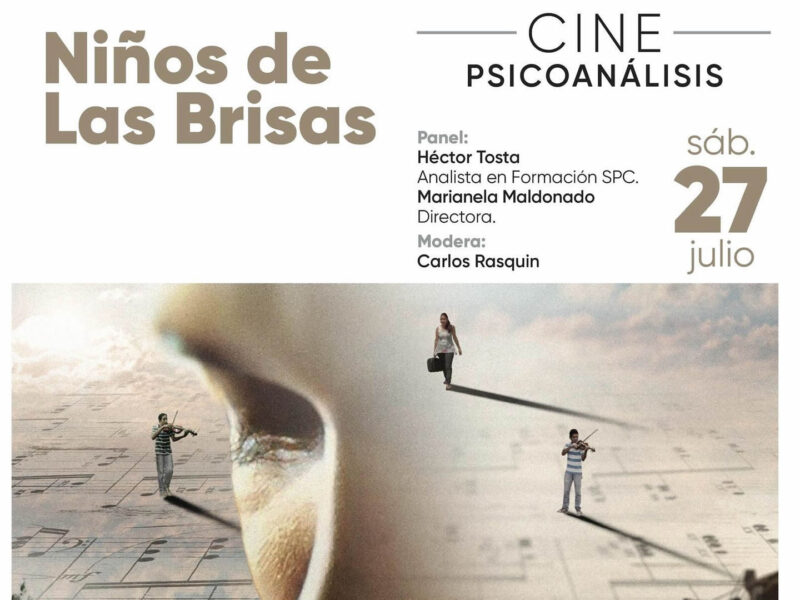COCAP Children’s Minds in the Line of Fire Blog
Kids Left Behind in Venezuela
Michelle Carpio
The testimonies and ideas that I present here arise from my experience as a psychoanalyst and a CEO of a Venezuelan non-profit organisation. The latter role exposes me to many realities beyond the couch that inform my point of view and my leadership. The Foundation has been active since 1947 and offers high quality education, through two schools, to more than 800 children that live in a popular slum in Caracas.
Ana, an eleven year old student, says “Our grandmother is my second mom, I feel her as my blood, as if she were my mom… If she were not here I don’t know what I would do”. Juan, a thirteen year old student, says “since I was born my mom has given me material things but my grandmother the love of a mother… mom sends us money but my grandmother is the one who’s here every day“. These testimonies are just two of thousands that evidence the scars of the migratory crisis. Ana and Juan are not family, but they share the same experience of being raised by their grandmothers. They also study in one of the schools I mentioned. In this way they are exceptions, since most of the schools around the area are public and are affected by economic and social deterioration. Where Ana and Juan live, the socioeconomic strata is low, and many people cannot even cover the basic needs of food and housing. This population has migrated in a forced and accelerated manner to survive. Sometimes this means leaving children behind.
UNICEF uses the expression childhood left behind to refer to children whose parents have emigrated from their places of origin, leaving them temporarily/permanently in the care of third parties. In Venezuela, this expression began to be heard in 2018, when Community Learning Centers (CECODAP) a non-governmental organization began to evidence a growing child population in this condition. At the end of 2019, CECODAP published a report which for the first time outlined estimated numbers. It states, “…at least 849,000 children had been affected by the migration of their parents (2018) and already by 2019 this number had increased to 930,020, and could even rise to 943,117. This number represented about 8.5% of the entire Venezuelan child population”.
We began to register numbers of students impacted by the migratory crisis in 2017. At that time many of our students left at the end of the school year and sometimes gave up their scholarships in doing so. An alarming number of parents who were unable to take their children and were forced to leave them behind in the care of close relatives. By 2019, the number of families benefited by our Foundation had dropped considerably due to this migratory crisis, and the number of children left behind had increased. Currently and in spite of a pandemic that paused the migratory crisis due to the closing of borders, we continue to have students that have been left behind.
According to Didier Anzieu, the baby internalizes a double identification with the mother: the nipple that nourishes and the skin that contains. He highlights the importance of this primary bond and how the significant other has a founding role that influences the constitution of the psyche. But what are the effects to the Ego Skin when the primary figure, the one that founded the psyche, migrates to survive?
Based in D. Winnicott concepts, is the best option for Venezuelan children left behind a “good enough temporary figure and/or a good enough institution”? Grandparents and close relatives as well as institutions could function as a second skin, facilitating the containment necessary for these children to grieve the loss of their mothers.
Mikel de Viana (2000) highlighted that 18.8% of Venezuelan homes included grandparents as an important part of the daily family dynamics. But what happens when these substitute figures are no longer part of the family but are the only ones left to manage the care of these children? The presence of good enough substitute figures and institutions that function as a second skin become of extreme importance to contain children who will need to metabolize and grieve the loss of their parents.
Bonds that complement, rescue, repair that first psychic membrane (a good enough one or not), are fundamental and contribute to the affective survival of the next generations of Venezuelan children. It is a huge and complex task to be a good enough mother/INSTITUTION with teachers who fulfill the function of continence and metabolization when they’re are also affected by the Venezuelan crisis. In a country of children left by their mothers, substitute figures and good enough institutions bear a huge responsibility – to repair the perforated and bruised skin ego and help these children psychically survive.
Michelle Carpio is a Venezuelan Clinical Psychologist and Psychoanalyst. Active member of the Sociedad Psicoanalítica de Caracas (SPC) and part of the team of the Child and Adolescent Department.
Her experience follows the path from private practice, working with children and adults, to institutional work with vulnerable communities in popular sectors in Venezuela.
Fuente: https://www.ipa.world/IPA/en/Blogs/Blog_Pages/Children_Minds/Kids_Left_Behind_in_Venezuela.aspx



